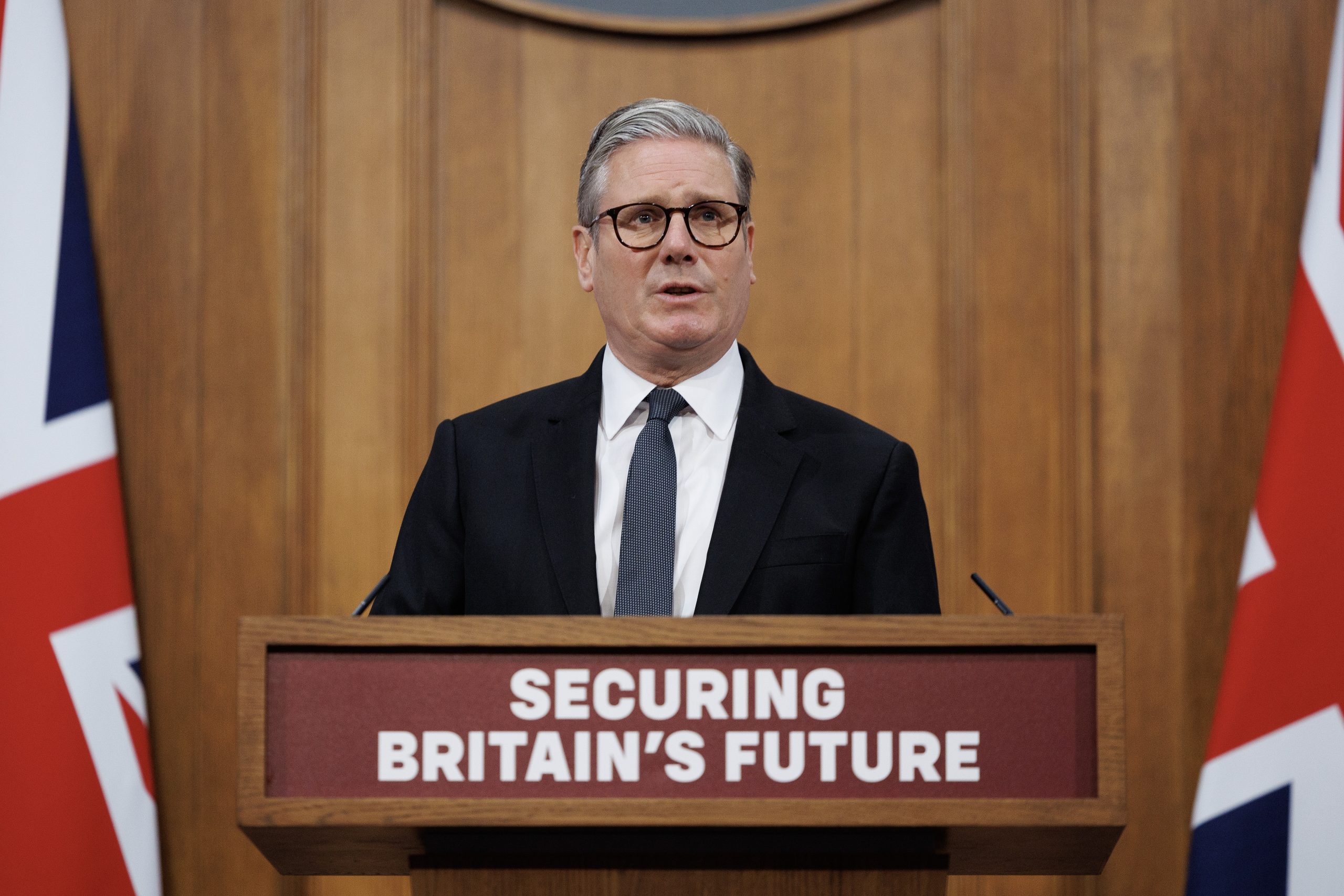Much of the recent news has been focused on Sir Keir Starmer’s ‘Brexit reset’ with the EU, trying to get an improved version of the Brexit deal signed by Boris Johnson and a closer relationship with the EU, in the face of an unreliable USA. Yet it seemed, closer to the deadline, that a youth mobility scheme could be part of the deal.
A youth mobility scheme would allow EU students to work and study in the UK, capped at two or three years. Prior to Brexit, the UK was a member of the Erasmus+ programme, which had a similar aim, with many taking the opportunity to practise English, and their home university would acknowledge the time spent abroad.
The EU considered it a red line. 86% of Labour voters backed it, as did 59% of Tory ones. Languages students would be thankful for any decreased bureaucracy. It seemed mutually beneficial. So why was Starmer so reluctant to agree?
Originally, the suggestion was that the Prime Minister was using a youth mobility scheme to extract more important concessions from Brussels. There were also questions over the duration of UK placements, with Chancellor Rachel Reeves seemingly open to time-limited visas.
It later emerged that Home Secretary Yvette Cooper was particularly distrustful of the idea due to its impact on net migration figures, which Labour promised to cut in its general election campaign. She had insisted on a cap of around 70,000, according to reports. This would have been much higher than the 29,797 who had arrived in the UK prior to Brexit and the UK’s departure from Erasmus, 64% more than the UK sent out.
The Prime Minister would also be mindful of the threat from Reform UK, which trounced other parties at the local elections earlier in May. Although 34% of Reform voters back the idea, more socially conservative Labour voters, whom Starmer will want to keep from running to Farage, will need to be placated that Labour is taking action on immigration.
Keir Starmer had an unenviable choice, having to walk a fine geopolitical line between the US trade deal, touted as the big Brexit prize during the referendum campaign, and a closer relationship with the EU (of which Washington remains sceptical). Though he now has deals with both, how long Starmer can continue to tread such a thin line is uncertain.
